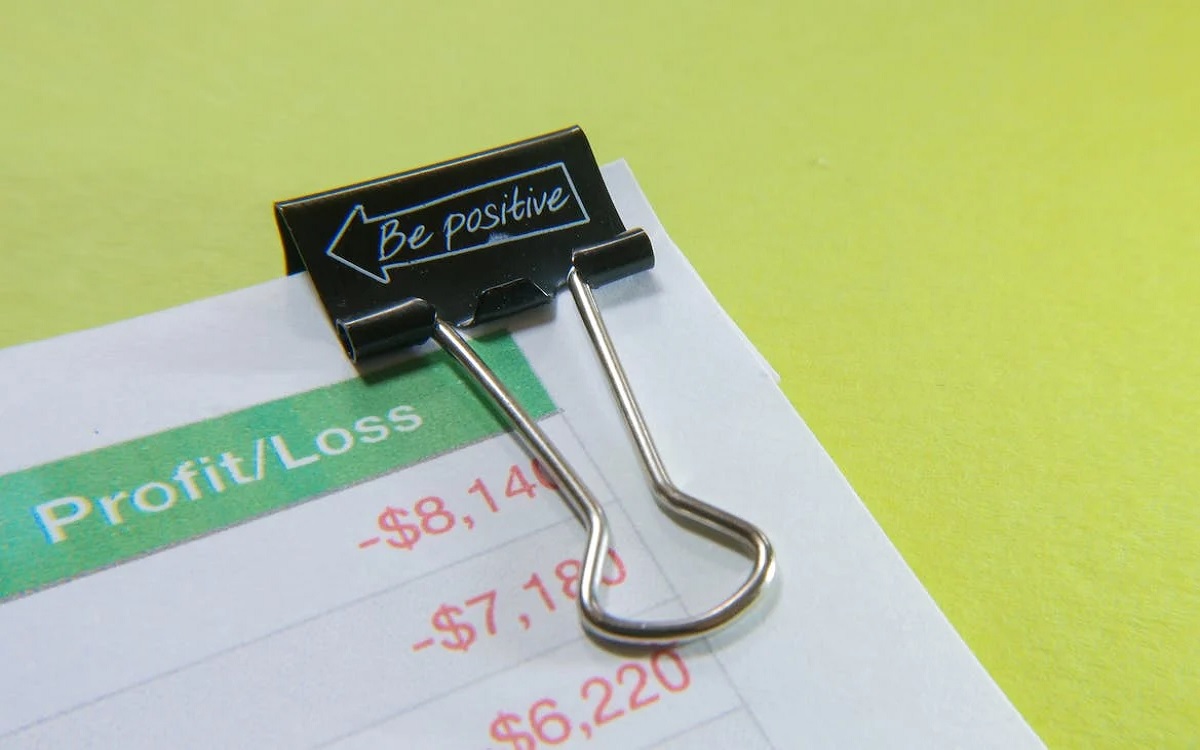In today’s dynamic business environment, ensuring optimal revenue streams is a constant challenge. Companies across various sectors often grapple with the undesirable phenomenon of ‘revenue leakage.’ Understanding and effectively addressing revenue leakage can significantly enhance a company’s financial health. Keep reading to delve deeper into this critical aspect of business operations.
Understanding Revenue Leakage: An Overview

When a company fails to collect all legitimate revenue that it’s entitled to, this is referred to as revenue leakage. It’s often seen as income that goes unaccounted due to various systemic inefficiencies or failures across the revenue collection process.
Revenue leakage can be a silent threat to the economic viability of any organization. Not only large enterprises but small businesses can be significantly affected by this phenomenon.
In some circumstances, the issue might go unnoticed over time, leading to substantial accumulated financial loss. The magnitude of these leakages can vary widely, from minor oversights in invoicing to large-scale financial discrepancies.
Recognizing and promptly addressing revenue leakage areas can prevent minor issues from snowballing into significant financial problems for the company.
Common Causes of Revenue Leakage in Businesses
Different factors can lead to revenue leakage. These range from manual errors in the billing process, discrepancies in contracts, and inadequate control measures to a lack of automated systems for revenue management.
For instance, unintentional billing errors like wrong tariff applications, missing or unaccounted charges, or incorrect tax calculations can contribute to income loss. These errors are usually a result of manual handling of revenue-related operations.
Failure to enforce contract terms and conditions can also cause revenue leakage. This may include not implementing penalty charges for delayed payments, offering unjustified discounts, or overlooking critical contract clauses.
Moreover, inadequate revenue controls and a lack of automated systems can result in unrecorded transactions, leading to revenue leakages.
The Direct and Indirect Impact of Revenue Leakage
The primary impact of revenue leakage is the immediate financial loss for the company. It directly affects the net profitability and cash flow of businesses, hindering their growth potential.
Revenue leakages can also have damaging indirect effects on a company. For instance, regular occurrences of financial discrepancies can erode customer confidence and impact brand reputation.
In extreme cases, if these leakages occur in firms that are publicly listed, it could potentially impact their stock market credibility, causing share prices to plummet.
Revenue leakages can influence an organization’s financial planning and impact its investments, business expansions, and dividend payout decisions.
Proactive Measures To Prevent Revenue Leakage
Effective control mechanisms are crucial for curbing revenue leakage. These include accurate reporting, internal audits, regular reconciliation processes, and competent data management.
A well-structured financial system with a strong internal control framework can significantly reduce the instances of revenue leakage. It can enforce accuracy and consistency in the company’s revenue-related operations.
Besides, instating a regular internal audit process can serve to identify any anomalies on time. An audit can help in uncovering financial discrepancies, preventing exploitation and shielding the company from financial loss.
Moreover, maintaining a rigorous reconciliation process is essential for identifying mismatches in financial transactions and promptly correcting them.
Implementing Systems and Processes To Minimize Revenue Leakage

Contract management systems can be a substantial investment to prevent revenue leakage incidents. These systems can provide an integrated platform for controlling contractual agreements, ensuring that all revenue inflows are recorded and billed correctly.
Deploying data analytics can also be extremely beneficial in identifying patterns and trends of revenue leakage, helping in strategic decision-making.
Finally, embracing automation in revenue management can minimize human errors and improve efficiency. This can contribute significantly to the prevention of revenue leakages and better revenue optimization.
Combining these systems with proactive measures can safeguard organizations against significant financial loss, promoting their financial stability and growth.
Understanding revenue leakage and adopting methodologies to minimize it can protect a company’s profits, maintain its brand reputation, and ensure long-term economic viability. By strengthening systems and processes, businesses can avoid such leakages and improve their bottom-line results.
